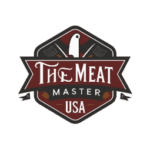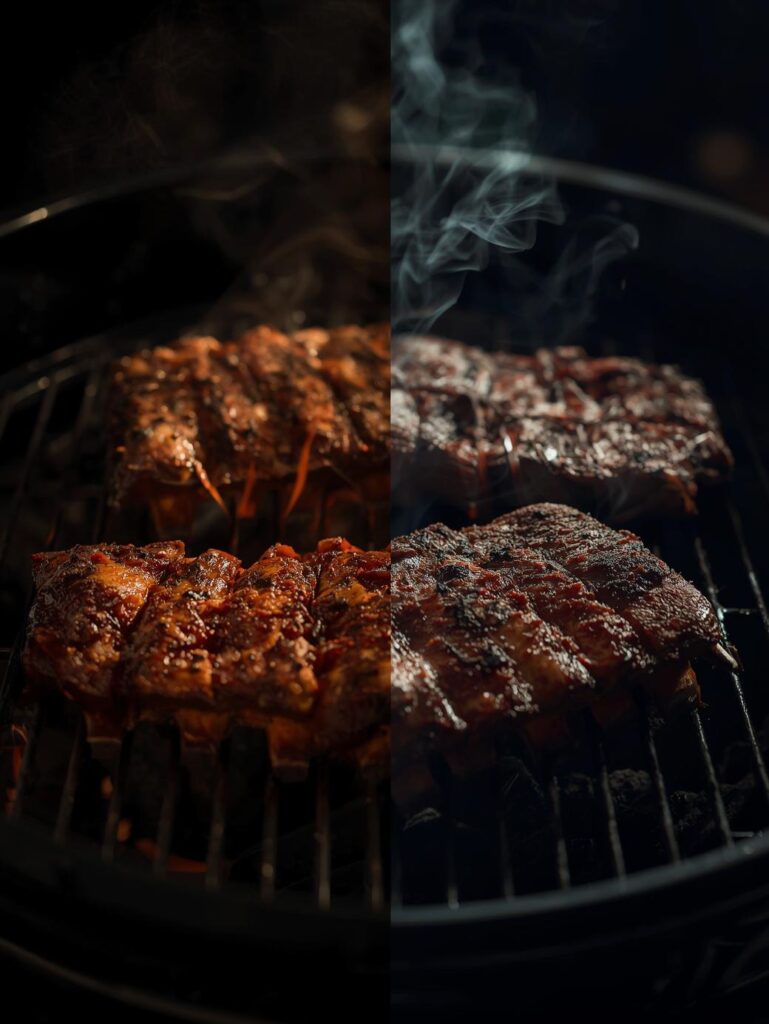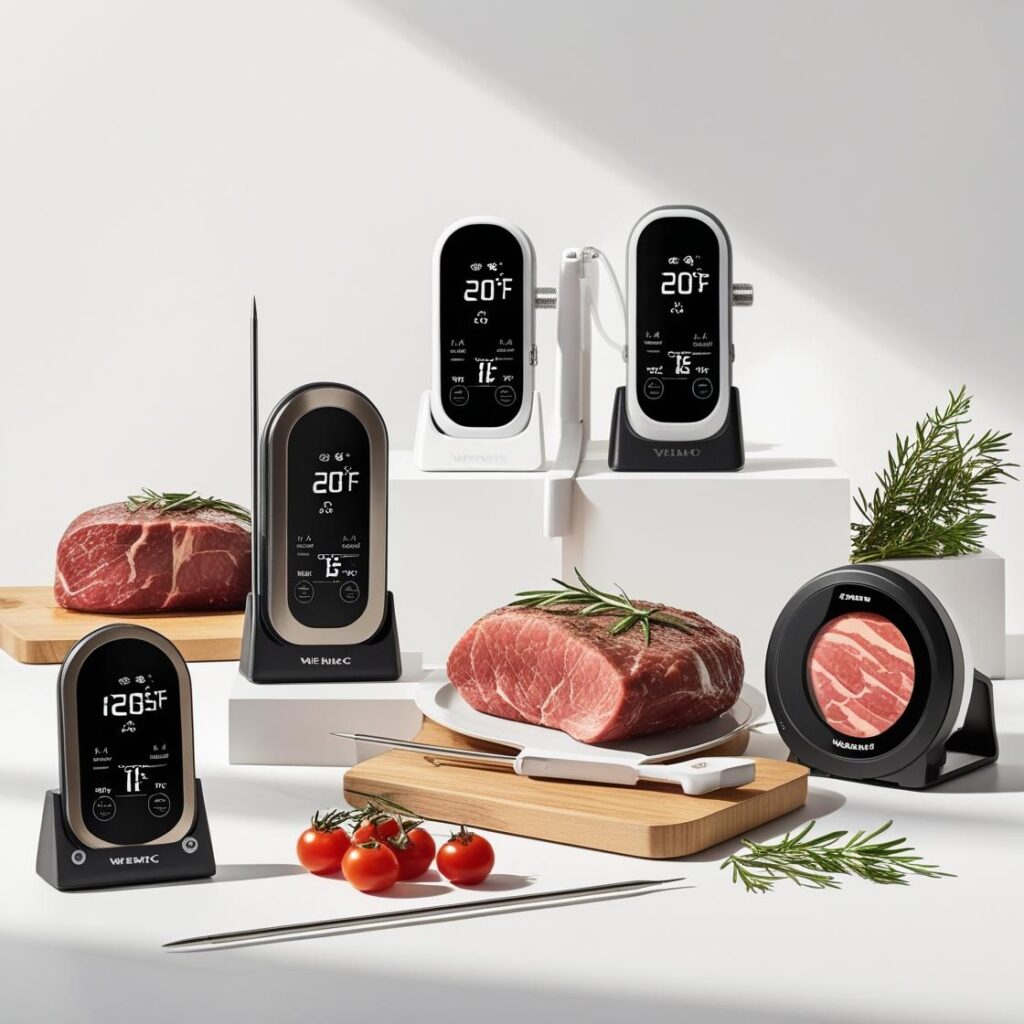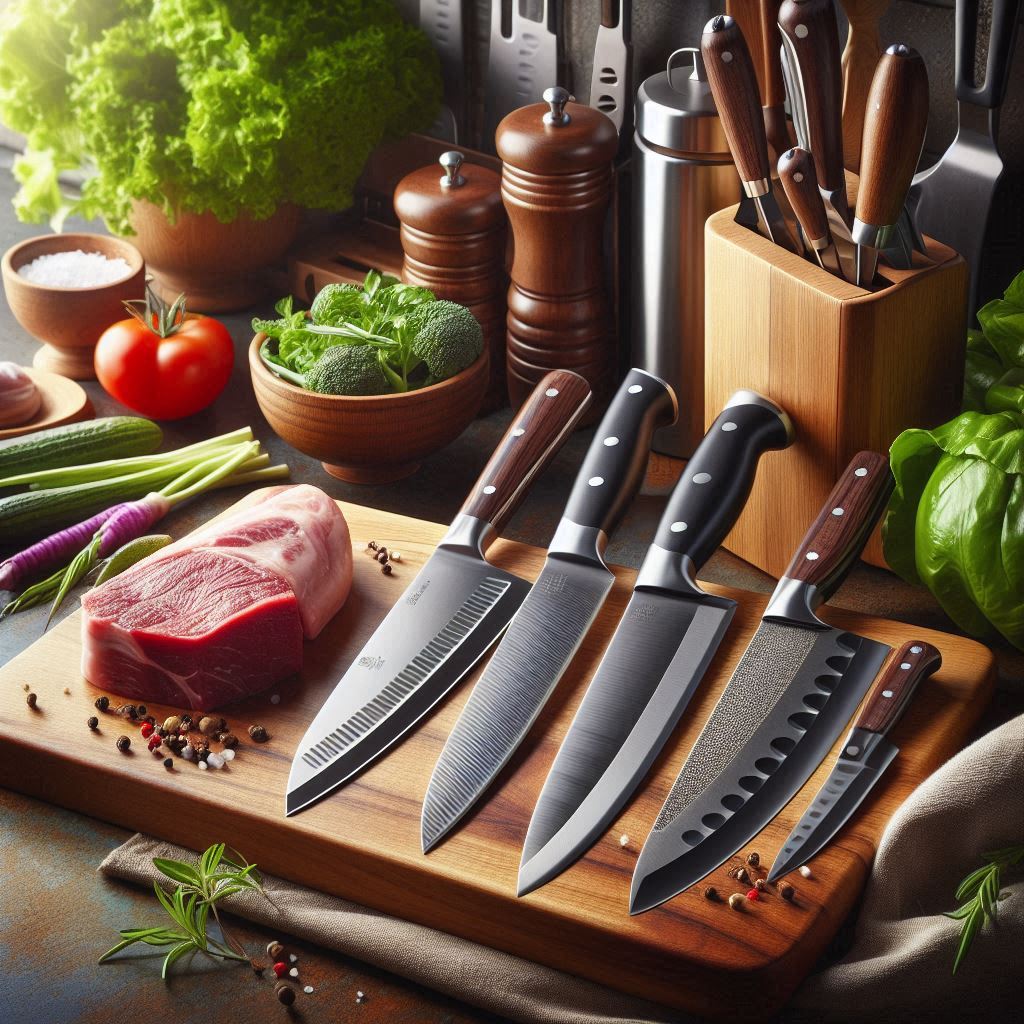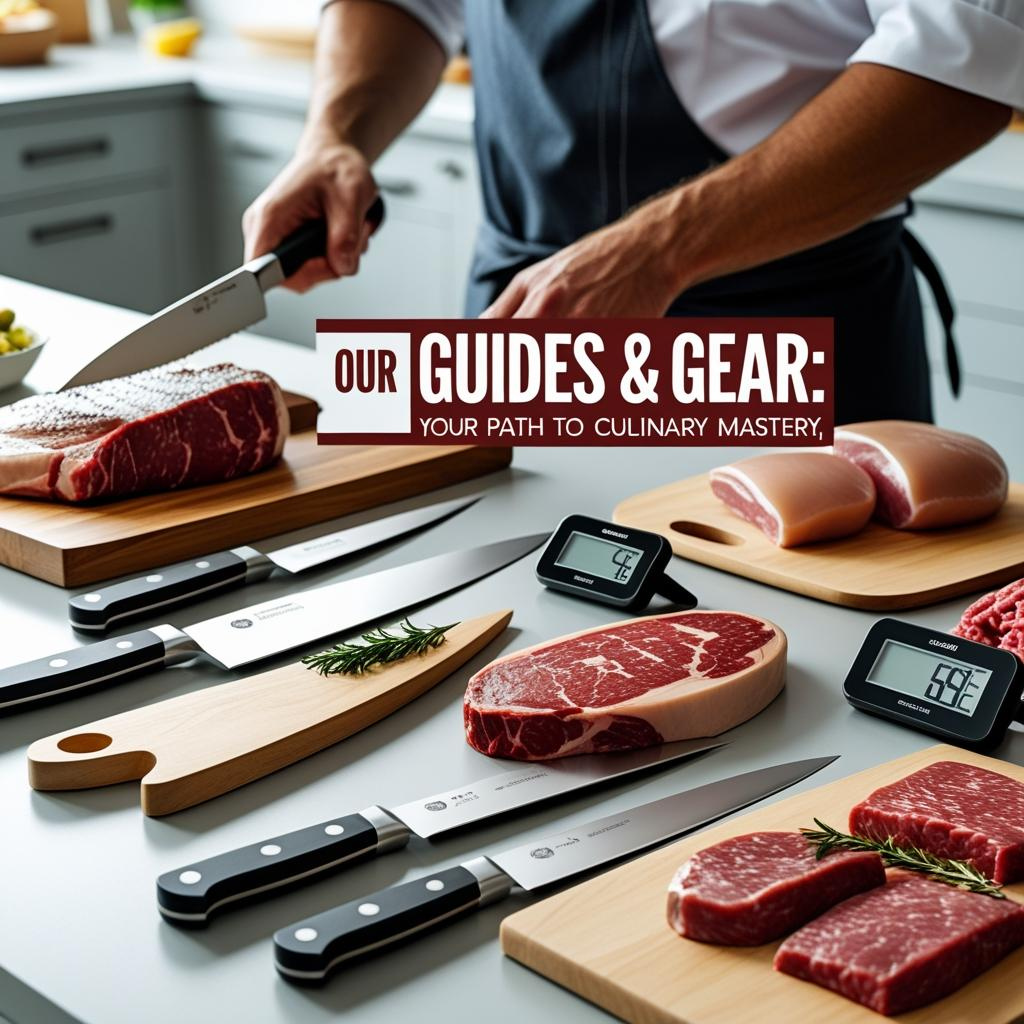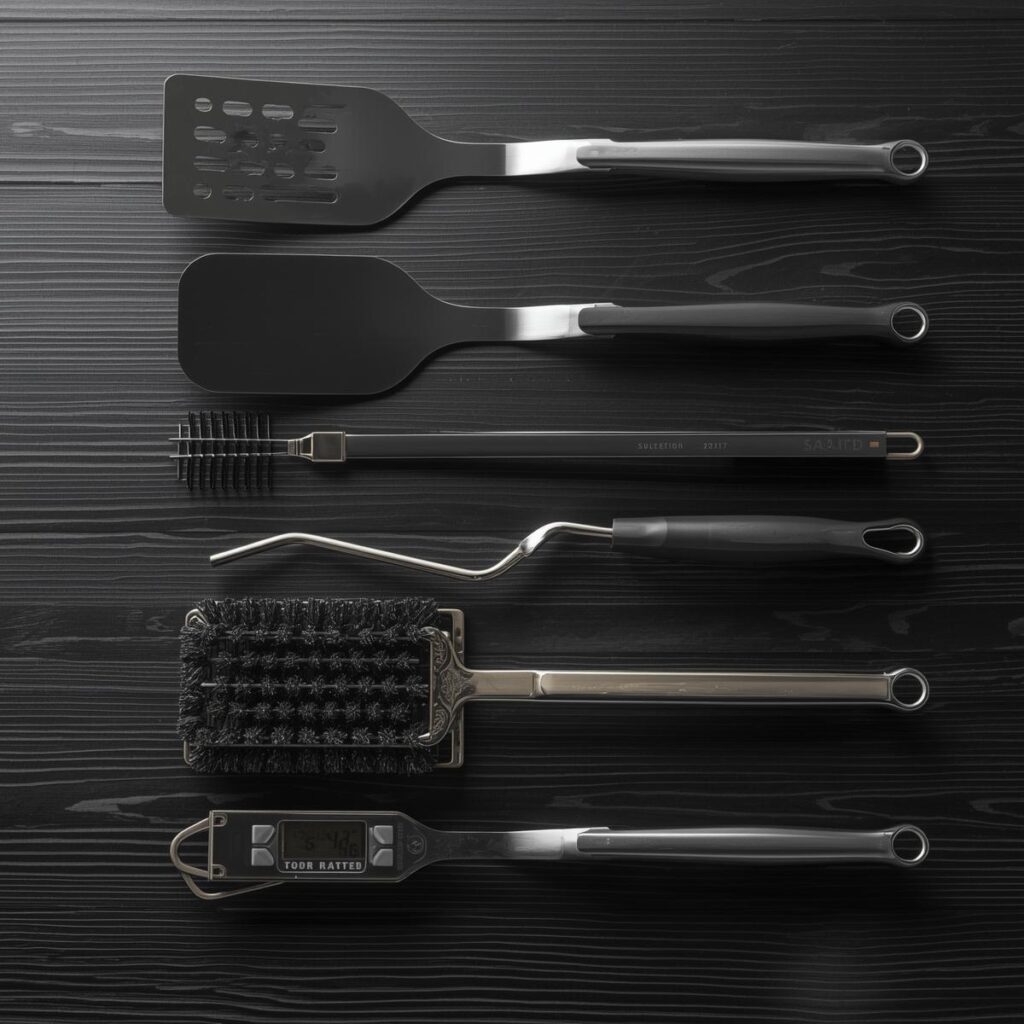Pellet Grill vs Charcoal for Pork BBQ: Which Wins?
The world of backyard BBQ is built on traditions, secrets, and, of course, endless debates. Few arguments are as heated as the one that pits two titans against each other: the convenience of the pellet grill versus the classic, smoky flavor of charcoal. If you’re looking to cook a perfect pork butt for pulled pork, a rack of fall-off-the-bone ribs, or a succulent pork shoulder, you’ve likely asked the question: pellet grill vs charcoal for pork BBQ—which one comes out on top? The truth is, there’s no single winner. The best choice depends entirely on your personal priorities as a pitmaster.
This guide will break down every key factor, from flavor to cost, to help you make an informed decision and find the right tool for your low and slow BBQ journey.
The Contenders: A Quick Introduction
Before we dive into the pellet grill vs charcoal debate, let’s define our two competitors.
- Pellet Grills (or Smokers): These are essentially outdoor ovens that use electricity to feed small, compressed wood pellets into a fire pot. A fan circulates the heat and smoke, making them incredibly easy to use. Think of them as the “set it and forget it” option.
- Charcoal Smokers: These grills use charcoal as their primary fuel. They require a more hands-on approach to managing fire and airflow to control temperature. They are the traditional choice for BBQ purists and are loved for their authentic, deep smoky flavor.
Each has its unique strengths and weaknesses when it comes to smoking pork.
Round 1: Ease of Use & Temperature Control
This is where the pellet grill truly shines. A pellet smoker vs charcoal smoker for ease of use isn’t even a fair fight—the pellet grill wins hands-down.
Pellet Grill: The Smart Smoker
Pellet grills operate with a digital controller. You simply set your desired temperature (e.g., 225°F for a pork butt), and the grill’s internal thermostat automatically adjusts the pellet feed rate and fan speed to maintain that temperature for hours on end. This means you can go about your day without constantly monitoring the smoker.
- Pros:
- “Set It and Forget It”: No need to worry about the temperature dropping.
- Consistent Heat: Perfect for long cooks that require stable, low temperatures.
- Beginner-Friendly: A low barrier to entry for new BBQ enthusiasts.
Charcoal Smoker: The Pitmaster’s Art
With a charcoal smoker vs pellet grill, temperature control is a manual process. You manage the heat by adjusting the vents and dampers, controlling the airflow to the coals. Too much airflow and the temperature soars; too little and the fire may go out.
- Pros:
- Manual Control: Experienced pitmasters enjoy the hands-on process and feel of truly “mastering the fire.”
- No Electricity Needed: A charcoal smoker is completely self-sufficient.
- Cons:
- Steeper Learning Curve: It takes practice to learn how to maintain a consistent temperature, especially over a long period.
- Requires Monitoring: You must check the temperature and fuel levels periodically to ensure the cook stays on track.
Verdict: If convenience and precision are your top priorities, a pellet grill is the clear winner for an ease of use smoker. If you enjoy the hands-on craft of BBQ, charcoal is the more rewarding choice.
- Suggested Image Alt Text: A sleek, digital pellet grill displaying a perfect 225°F temperature, illustrating the ease of use of a pellet grill for pork.
Round 2: The Smoke Flavor & Bark
This is the most debated point in the pellet grill vs charcoal argument.
Charcoal Smoker: Deep, Authentic Smoke
Charcoal, particularly lump charcoal, and wood chunks produce a rich, robust smoke flavor. The smoke is generated by incomplete combustion, leading to a complex array of flavor compounds. This is why many traditional BBQ joints use charcoal or offset stick burners—the flavor is second to none. A brisket or pork butt cooked on a charcoal smoker for BBQ gets a deep, smoky taste and a dark, peppery bark that is hard to replicate.
- Pros:
- Superior Flavor: The smoke flavor is richer, deeper, and more authentic.
- Better Bark: The combination of heat and smoke creates a fantastic, thick bark on the meat.
- Cons:
- “Dirty” Smoke: Improper airflow can lead to “dirty” white smoke that tastes acrid.
Pellet Grill: Light, Consistent Smoke
Pellet grills burn wood pellets very efficiently, which results in a cleaner, more subtle smoke. While you get good smoke flavor, it’s often described as lighter and less intense than charcoal. This is the heart of the smoke flavor debate. Some people love the subtle flavor; others find it lacking.
- Pros:
- “Clean” Smoke: The smoke is thin and blue, which is a sign of clean, efficient burning.
- Variety of Flavors: You can easily change the smoke flavor by swapping out the type of pellets (hickory, cherry, apple, etc.).
- Cons:
- Less Intense Flavor: Purists argue the smoke flavor is not as robust or complex as what you get from a charcoal smoker.
- Less Bark Development: Because of the consistent heat, it can be harder to get a deep, dark bark without some extra effort.
Verdict: For the purist who values the deepest smoke flavor and a classic bark on their pulled pork or ribs, charcoal is the clear winner. For someone who prefers a lighter smoke profile and values consistency, a pellet grill is an excellent choice.
Round 3: The Cost Factor
The pellet grill vs charcoal smoker debate isn’t just about flavor and ease—it’s also about your wallet.
Initial Cost: Pellet Grills are More Expensive
A quality pellet grill, especially one with a large cooking area, will generally cost more upfront than a comparable charcoal smoker. This is because they are more complex machines with digital components, augers, and fans. You can find basic charcoal kettle grills for under $100, while a good-quality pellet grill starts around $400-$500 and goes up from there.
Ongoing Fuel Cost: Charcoal is Cheaper
Charcoal is generally cheaper than wood pellets. A large bag of briquettes or lump charcoal is relatively inexpensive and can fuel several long cooks. Wood pellets, while not outrageously expensive, cost more per pound. If you do a lot of low and slow BBQ, these costs can add up over time.
Verdict: Charcoal is the more budget-friendly option, both for initial investment and ongoing fuel costs.
Round 4: Versatility & The Final Showdown
A charcoal grill’s versatility is one of its biggest advantages. A simple kettle grill can be used for everything from grilling burgers and hot dogs to smoking a brisket low and slow. It is the ultimate all-in-one charcoal smoker for BBQ. Pellet grills, while capable of grilling, often don’t reach the extreme temperatures needed for a proper steak sear.
So, which one should you choose for pork?
- Choose a Pellet Grill if: You are a beginner, you want to cook consistently perfect BBQ with minimal effort, and you value convenience over a deep, robust smoke flavor. The pellet grill for pork is the ultimate choice for a stress-free cook.
- Choose a Charcoal Smoker if: You are a BBQ purist, you enjoy the hands-on process, you want the deepest smoke flavor and a classic bark, and you want a more budget-friendly option. A charcoal smoker is a true master’s tool for the ultimate charcoal BBQ experience.
Regardless of your choice, a good cook starts with great prep. For a guide on how to get your pork ready for the smoker, including a detailed look at brining a pork butt, check out our post on How to Brine Pork the Right Way. And to fix any common steak cooking mistakes that apply to pork too, see our guide on Why Is My Steak Tough and Dry?
FAQ: Your BBQ Questions Answered
Q: Can you get a smoke ring on a pellet grill? A: Yes, you can. While it’s often not as pronounced as what you get on a charcoal smoker, you can still get a smoke ring on a pellet grill. You can enhance it with a specific smoking tube or by cooking at a lower temperature for the first few hours.
Q: Is the smoke flavor from pellets artificial? A: No, the smoke flavor comes from 100% natural compressed sawdust. The wood pellets are made from various types of hardwood, such as hickory, cherry, or mesquite.
Q: Do I still need to use a water pan in my charcoal smoker? A: Yes, a water pan is highly recommended in a charcoal smoker for BBQ. It helps regulate the temperature and adds moisture to the cooking chamber, which is essential for keeping pork tender and juicy during long cooks.
Q: What about the reverse sear? Can I do that on a pellet grill? A: The reverse sear is a fantastic technique that works on both types of grills. You can cook your steak low and slow on the smoker (or even in the oven) and then use a separate high-heat grill to get a perfect crust. This is a great way to fix common steak cooking mistakes. To learn more about this technique, check out our guide on How to Cook the Perfect Steak Every Time.
Q: Is a pellet grill just a BBQ oven? A: While a pellet grill does operate like an outdoor convection oven, it still imparts real smoke flavor. It’s a convenient machine that simplifies the process of low and slow BBQ, but it still gives you that authentic smoky taste.
Conclusion: The End of the Debate
The pellet grill vs charcoal debate ultimately comes down to a trade-off: convenience versus flavor. A charcoal smoker is a traditional, hands-on tool that delivers an unmatched, deep smoke flavor and a beautiful bark. It’s a rewarding experience for the devoted pitmaster. A pellet grill, on the other hand, is the pinnacle of modern BBQ technology, offering unrivaled ease of use, perfect temperature control, and consistent results. For the user who wants great BBQ without the hassle, the pellet grill wins every time.
Ultimately, both are excellent choices for cooking pork. The best one is the one that makes you happy to cook outdoors, because that’s what BBQ is all about.
